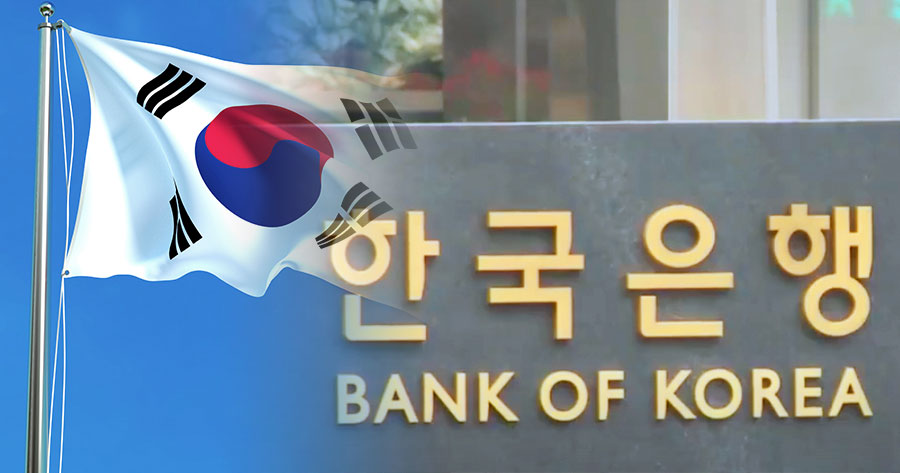The financial watchdog in South Korea has uncovered violations of short-selling regulations by seven additional local banks in the stock market as part of an extensive probe into trading activities at international investment banks.
Following the discovery of illicit trading by two foreign firms in October, South Korea implemented a ban on short selling of stocks in the domestic market last November. Subsequently, a special investigation was launched to examine trading practices at other banks.
In the interim findings released on Monday, the Financial Supervisory Service (FSS) revealed that nine banks, including two that have already faced penalties, have engaged in illegal trading practices, resulting in trading violations amounting to 211.2 billion won ($154.76 million) among 14 foreign investment banks, while the remaining five are being investigated without disclosing their names.
According to a report by South Korea’s Chosun Ilbo daily, financial authorities have notified Credit Suisse AG about potential fines totaling 50 billion won for allegedly breaching short-selling rules. The notification was sent to the bank’s South Korean and Singaporean units, as per industry sources.
Both the FSS and UBS, which acquired Credit Suisse in 2023, refrained from providing comments on the report.
In South Korea, the Capital Markets Act prohibits “naked” short selling of stocks, which involves investors short selling shares without borrowing them first or ensuring they are available for borrowing.
The FSS revealed that it is collaborating with authorities in Hong Kong on the investigation and is scheduled to hold a meeting in the city this month to explain South Korea’s regulations on short selling.
In an effort to enhance the detection of short-selling violations in the stock market, the watchdog established a new monitoring mechanism last month.
South Korea has indicated that the short-selling ban, set to remain in effect throughout the first half of this year, will persist until appropriate measures are implemented to prevent illicit trading activities.





